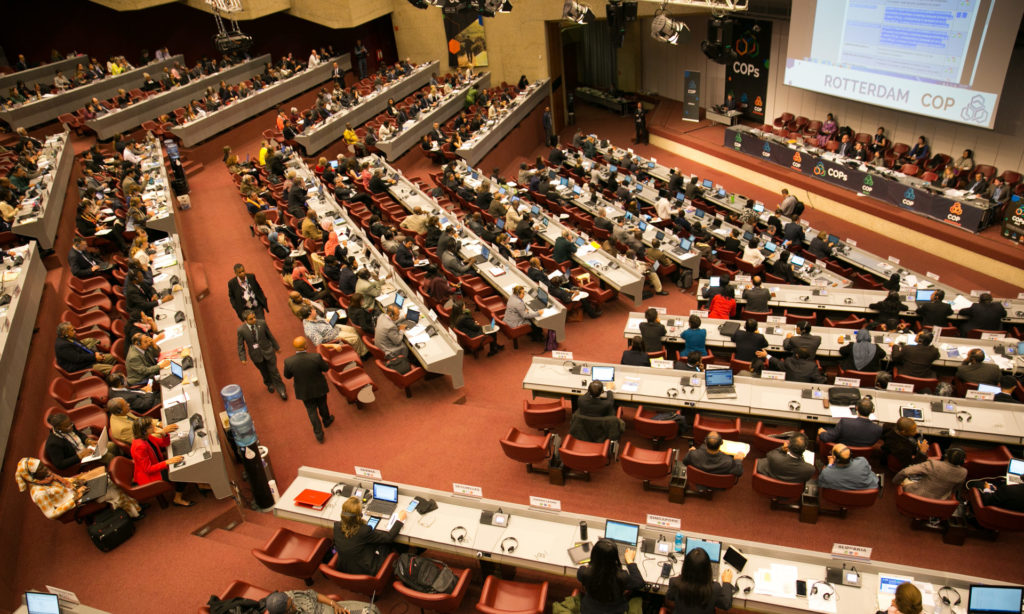Colombia’s environment minister has said that the next round of global biodiversity negotiations will put nature at the heart of the international environment agenda, as the country prepares for the Cop16 summit.
Susana Muhamad, who is Colombia’s environment minister, who is expected to be the Cop16 president, said the South American country would use the summit to ensure nature was a key part of the global environmental agenda in the year building up to the climate Cop30 in the Brazilian Amazon in 2025, where countries will present new plans on how they will meet the Paris agreement.
“Although the climate is affecting biodiversity, nature is an answer to the climate crisis. It is not the only answer but it is a very important pillar and we want to position it very strongly to build towards Cop30 in Brazil,” Muhamad told the Guardian.
“We need to create the momentum and the role of Cop16 is to make nature a pillar of those discussions,” she said. “I think sometimes we divide the international environmental agenda into many issues … [but] we need to concentrate. For example, saving the Amazon is a practical and tangible action. The creation of multinational marine protected areas is a tangible action that has results for the climate and biodiversity.”
Gustavo Petro, Colombia’s president has named Cali as the host city for Cop16 in October – the first biodiversity summit since a historic UN deal was made to halt the rampant loss of biodiversity, in Montreal, Canada at the end of 2022.
Governments heading to Cali, about 50 miles from Colombia’s Pacific coast, are expected to present national-level plans to meet the biodiversity targets, which include commitments to protect 30% of land and sea for nature and restore 30% of the planet’s degraded ecosystems.
Muhamad said will use the summit to try to negotiate stronger recognition and finance for megadiverse countries, which are home to a disproportionate amount of life on Earth.
Story was adapted from the Guardian.
